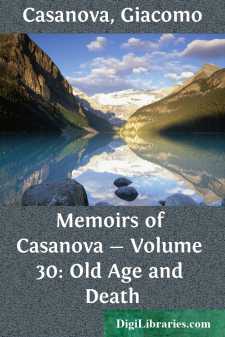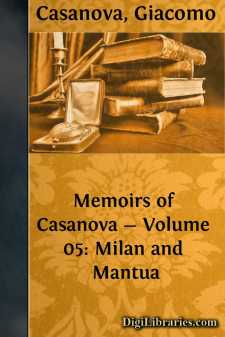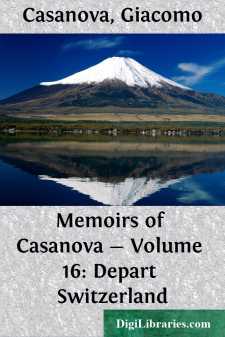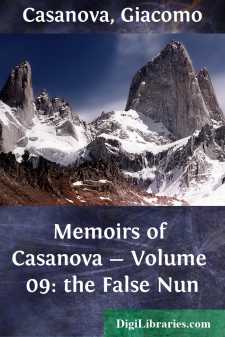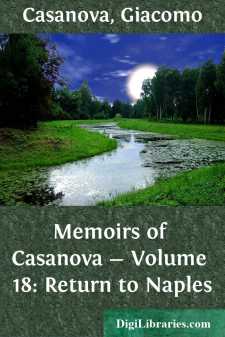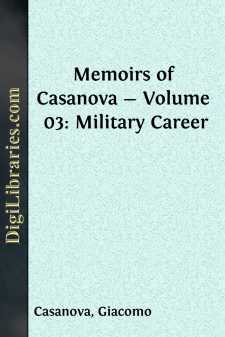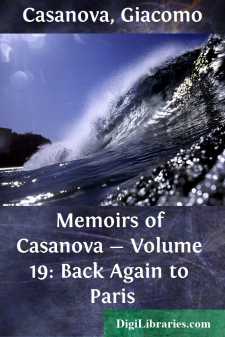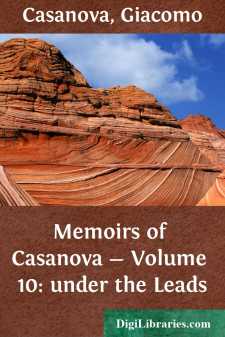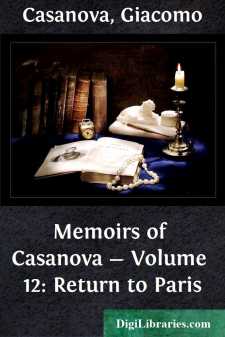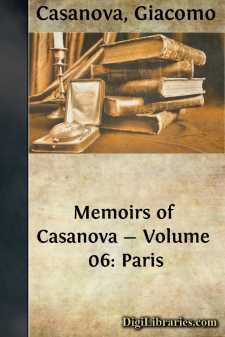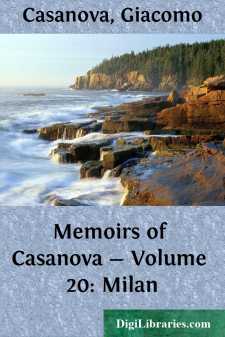Categories
- Antiques & Collectibles 13
- Architecture 36
- Art 48
- Bibles 22
- Biography & Autobiography 816
- Body, Mind & Spirit 145
- Business & Economics 28
- Children's Books 17
- Children's Fiction 14
- Computers 4
- Cooking 94
- Crafts & Hobbies 4
- Drama 346
- Education 58
- Family & Relationships 59
- Fiction 11834
- Foreign Language Study 3
- Games 19
- Gardening 17
- Health & Fitness 34
- History 1378
- House & Home 1
- Humor 147
- Juvenile Fiction 1873
- Juvenile Nonfiction 202
- Language Arts & Disciplines 89
- Law 16
- Literary Collections 686
- Literary Criticism 179
- Mathematics 13
- Medical 41
- Music 40
- Nature 179
- Non-Classifiable 1768
- Performing Arts 7
- Periodicals 1453
- Philosophy 66
- Photography 2
- Poetry 897
- Political Science 203
- Psychology 45
- Reference 154
- Religion 516
- Science 126
- Self-Help 85
- Social Science 82
- Sports & Recreation 34
- Study Aids 3
- Technology & Engineering 59
- Transportation 23
- Travel 463
- True Crime 29
Our website is made possible by displaying online advertisements to our visitors.
Please consider supporting us by disabling your ad blocker.
Memoirs of Casanova - Volume 30: Old Age and Death
by: Giacomo Casanova
Categories:
Description:
Excerpt
APPENDIX AND SUPPLEMENT
Whether the author died before the work was complete, whether the concluding volumes were destroyed by himself or his literary executors, or whether the MS. fell into bad hands, seems a matter of uncertainty, and the materials available towards a continuation of the Memoirs are extremely fragmentary. We know, however, that Casanova at last succeeded in obtaining his pardon from the authorities of the Republic, and he returned to Venice, where he exercised the honourable office of secret agent of the State Inquisitors—in plain language, he became a spy. It seems that the Knight of the Golden Spur made a rather indifferent "agent;" not surely, as a French writer suggests, because the dirty work was too dirty for his fingers, but probably because he was getting old and stupid and out-of-date, and failed to keep in touch with new forms of turpitude. He left Venice again and paid a visit to Vienna, saw beloved Paris once more, and there met Count Wallenstein, or Waldstein. The conversation turned on magic and the occult sciences, in, which Casanova was an adept, as the reader of the Memoirs will remember, and the count took a fancy to the charlatan. In short Casanova became librarian at the count's Castle of Dux, near Teplitz, and there he spent the fourteen remaining years of his life.
As the Prince de Ligne (from whose Memoirs we learn these particulars) remarks, Casanova's life had been a stormy and adventurous one, and it might have been expected that he would have found his patron's library a pleasant refuge after so many toils and travels. But the man carried rough weather and storm in his own heart, and found daily opportunities of mortification and resentment. The coffee was ill made, the maccaroni not cooked in the true Italian style, the dogs had bayed during the night, he had been made to dine at a small table, the parish priest had tried to convert him, the soup had been served too hot on purpose to annoy him, he had not been introduced to a distinguished guest, the count had lent a book without telling him, a groom had not taken off his hat; such were his complaints. The fact is Casanova felt his dependent position and his utter poverty, and was all the more determined to stand to his dignity as a man who had talked with all the crowned heads of Europe, and had fought a duel with the Polish general. And he had another reason for finding life bitter—he had lived beyond his time. Louis XV. was dead, and Louis XVI. had been guillotined; the Revolution had come; and Casanova, his dress, and his manners, appeared as odd and antique as some "blood of the Regency" would appear to us of these days. Sixty years before, Marcel, the famous dancing-master, had taught young Casanova how to enter a room with a lowly and ceremonious bow; and still, though the eighteenth century is drawing to a close, old Casanova enters the rooms of Dux with the same stately bow, but now everyone laughs. Old Casanova treads the grave measures of the minuet; they applauded his dancing once, but now everyone laughs....


